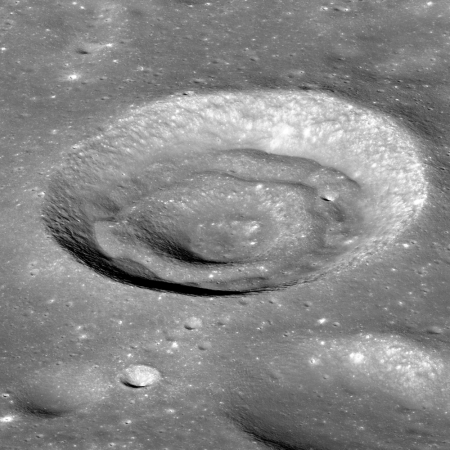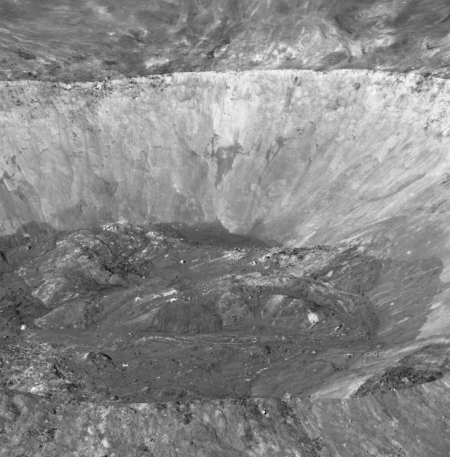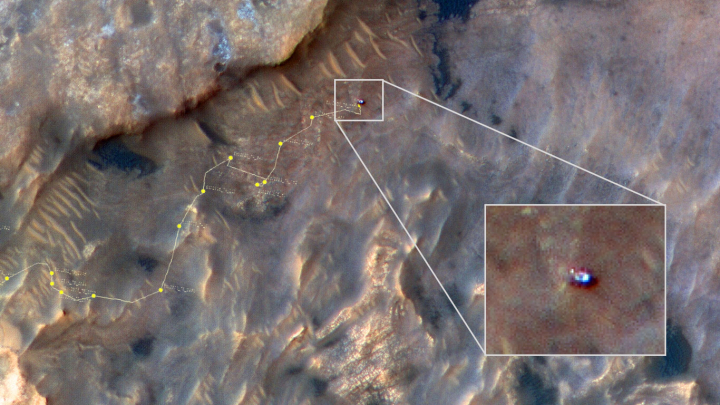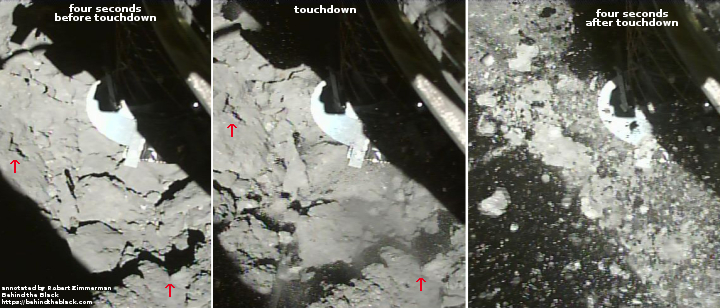The White House today released a detailed statement listing its objections to the House language on the upcoming military space authorization bill and threatening a veto if the Senate version is not passed.
Their objection seem to center on two issues. First, while the administration has accepted the idea of a space corp within the Air Force rather than a separate new military branch, they appear prefer the Senate language for this change. This disagreement appears relatively minor in the entire scheme of things.
Second, and more significantly, the White House has objections to the planned launch contract set up the Air Force has been pushing that would have them pick two launch providers now for all their launches through 2024, rather than allow all comers to bid on those launches as they came up.
On the National Security Space Launch program, the administration “strongly objects” to HASC [House Armed Services Committee] Chairman Adam Smith’s Section 1601 language “as it would increase mission risk for the nation’s national security satellites.”
Section 1601 would mandate that the Air Force compete contracts for any launches beyond 29 launches during the period from fiscal year 2020 to fiscal year 2024. This section would also mandate that the Air Force provide up to $500 million to launch companies that either win a Phase 2 contract after fiscal year 2022 or win a Phase 2 contract but are not part of a Launch Service Agreement, in order to meet national security-unique infrastructure and certification requirements for a Phase 2 contract. This section also require a notification of the selection in fiscal year 2020 of the two providers for Phase 2 launches.
The administration opposes these provisions. “After careful and considered study, DoD determined that a contract for national security space launch requirements over the course of five years would optimize warfighter flexibility, minimizes mission risk, and provides exceptional value to the taxpayer,” says the White House statement. “Confining Phase 2 to fewer missions would increase per-launch cost while simultaneously introducing risk and costs for some intelligence payloads. Finally, notifying Congress prior to a contract would be a departure from long-standing tradition and might put DoD at a greater risk of a protest.”
To put this in simple terms, the House language was an attempt to open up the bidding, while also offering $500 million development money to any company who missed out initially. The White House, and the Air Force, wish to restrict the bidding process, and don’t want to pay that extra $500 million.
All of this I think will become irrelevant the first time the Air Force issues a bid offer for a launch contract but restricts bidding to only two launch companies, even if a third or fourth is available and capable of fulfilling the contract. The excluded launch companies will sue for the right to bid, and they will win.




